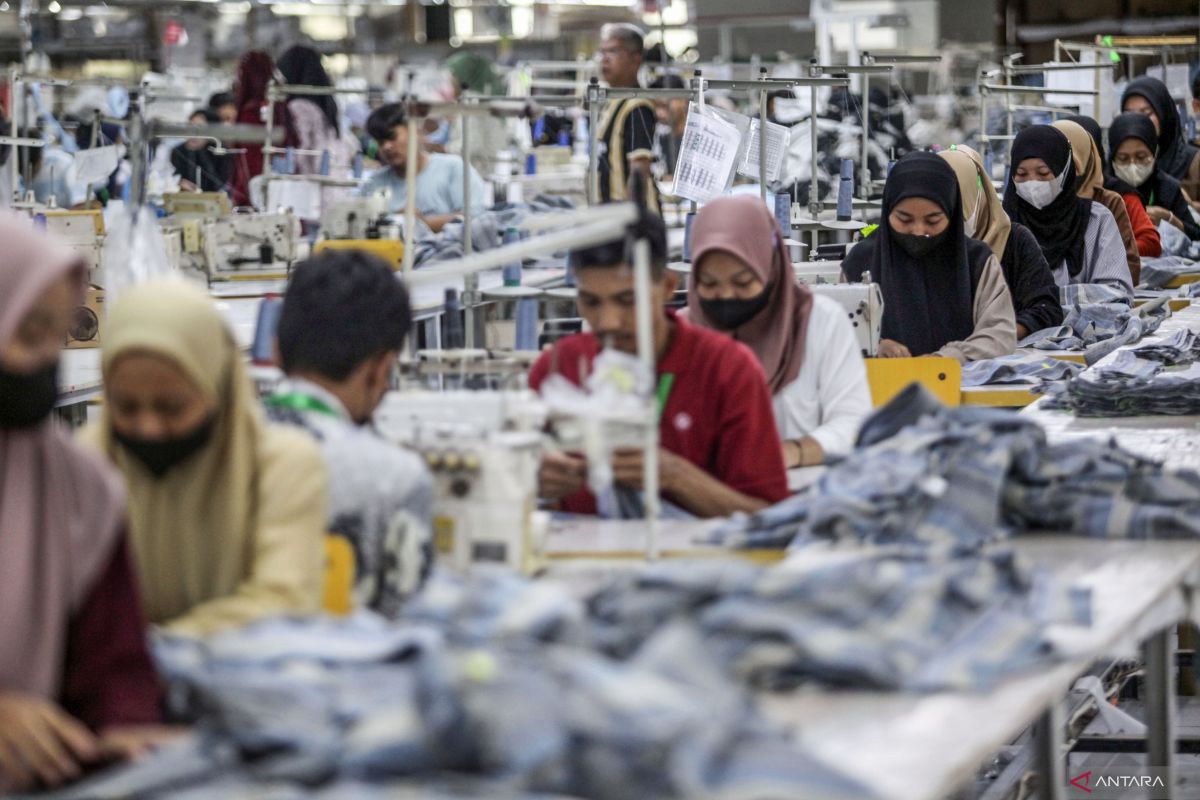Jakarta (ANTARA) - The Ministry of Industry emphasized the need for synergy to create policies that can maintain industrial stability in order to spur national economic growth.
The ministry's spokesperson, Febri Hendri Antoni Arief, said on Wednesday that the Industrial Confidence Index (IKI) in July, which declined by 0.10 points to 52.40, is evidence that synergy is needed to maintain the manufacturing sector.
"The manufacturing industry in other countries still receives a lot of subsidies," he said.
Like Indonesia, those countries realize that the manufacturing industry is the main supporter of the economy and has a multiplier effect, such as job creation, improvement in people's purchasing power, and national economic growth.
Arief said that several policies, especially those related to industrial gas prices, securing the domestic market, and inflation, have had a significant impact on manufacturing conditions in Indonesia.
Based on the July IKI figure, a decline in orders occurred in almost all industrial sub-sectors, with 15 out of 23 sub-sectors experiencing a fall in new orders. This had an impact on the pattern of purchasing goods oriented toward price and a decrease in the confidence to speculate on obtaining financing credit, Arief said.
"This condition shows the importance of the role of synergistic policy in the development of the manufacturing industry," he pointed out.
The Industry Ministry earlier reported that the IKI declined to 52.40 points in July, with three sub-sectors—textile, paper, and machinery and equipment—experiencing a contraction or decline in contribution to the national gross domestic product (GDP).
Baca juga: Govt plans tax breaks for hybridcars amid EV push, says minister
Baca juga: Ministry blames gap betweenincome, car prices for stagnant sales
The decline in the contribution of the three sub-sectors was caused by several factors, such as import relaxation, increase in global gas prices, interest rates, exchange rate, and seasonal factors that caused a decline in demand for orders in the domestic market.
Pewarta : Ahmad Muzdaffar, Raka Adji
Editor:
I Komang Suparta
COPYRIGHT © ANTARA 2026









